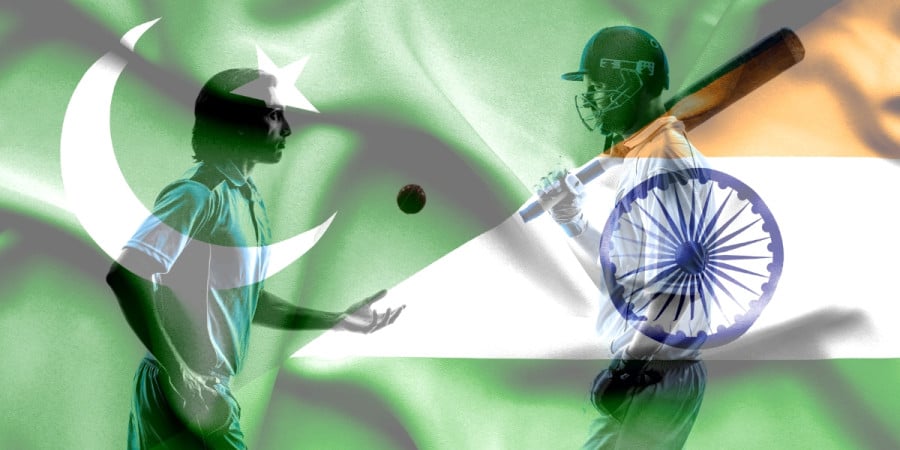The enforceability of "MoUs" - How the ICC panel decided Pakistan and India's bilateral tour dispute

On 20 November 2018, the Dispute Resolution Committee constituted by the International Cricket Council (ICC DRC) issued its Award1 in a protracted legal battle between two of international cricket’s most fierce rivals – Pakistan and India; litigated by their respective national boards, the Pakistan Cricket Board (PCB) and the Board of Control for Cricket in India (BCCI).
In essence, the dispute related to a claim for breach of contract and substantial damages brought by the PCB against the BCCI arising out of an alleged agreement between the BCCI and PCB to play seven bilateral series between them over the period 2014-2023. The alleged agreement arose further to certain resolutions tabled at the ICC Executive Board Meeting on 8 February 2014 relating to a new financial model and governance structure for the ICC (February Resolutions). This culminated in the parties signing a letter dated 9 April 2014 (April Letter), which forms the fulcrum on which the issue in the present dispute rests. A more detailed background to the dispute may be accessed through this LawInSport article2.
The issue was referred to a three-member panel comprising The Hon. Michael Beloff QC (Chairman), Dr. Annabelle Bennet AO SC and Mr. Jan Paulsson (hereinafter, the Panel). Much of the analysis in the Award was centred around the Panel’s assessment of whether the April Letter had the effect of a binding contract, and whether India (with BCCI the contracting party) had breached a legally binding contract to tour Pakistan (PCB being the counterparty) in respect of two proposed tours in 2014 and 2015, respectively.
This article examines:
-
the Panel’s approach in arriving at its decision;
-
the salient legal principles considered; and
-
how those principles were applied to the facts of the case in light of the evidence presented to the Panel.
To continue reading or watching login or register here
Already a member? Sign in
Get access to all of the expert analysis and commentary at LawInSport including articles, webinars, conference videos and podcast transcripts. Find out more here.
- Tags: Board of Control for Cricket in India (BCCI) | Contract | Cricket | Dispute Resolution | ICC DRC Terms of Reference | India | International Cricket Council (ICC) | Pakistan | Pakistan Cricket Board (PCB)
Related Articles
- How the International Cricket Council's Dispute Resolution Committee works
- Establishing the optimum sports betting regulatory system to protect the integrity of Indian sports
- Private investment into sport - what governing bodies need to know
Written by
Rustam Sethna
Harekrishna Ashar
Harekrishna is a Master of Laws candidate at the University of Cambridge. He is qualified as an Advocate & Solicitor in India and holds a Master of Laws degree from Columbia Law School. He has previously clerked at the Delaware Court of Chancery and has gained 3 PQE as a commercial lawyer in Mumbai, India.


 Global Summit 2024
Global Summit 2024